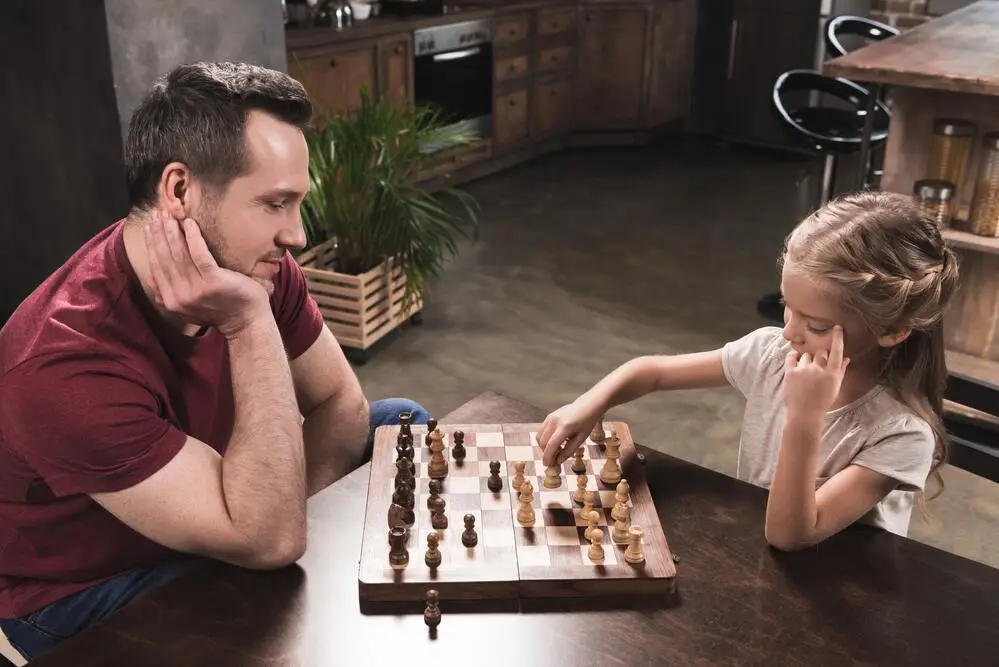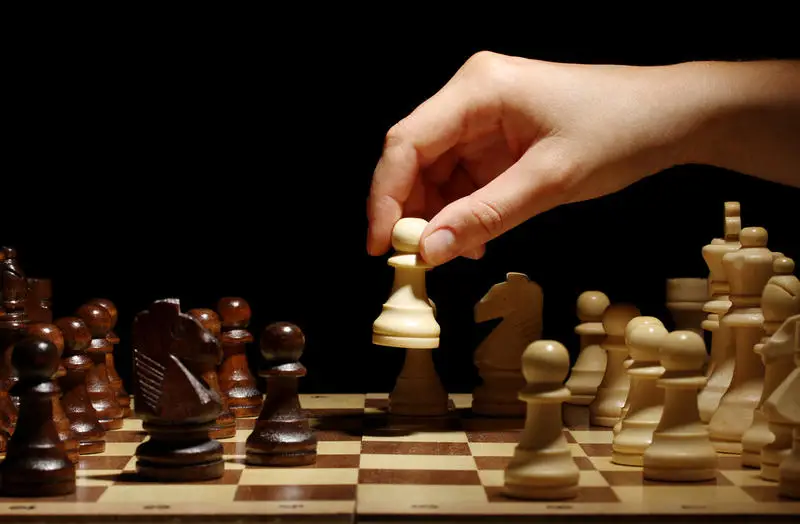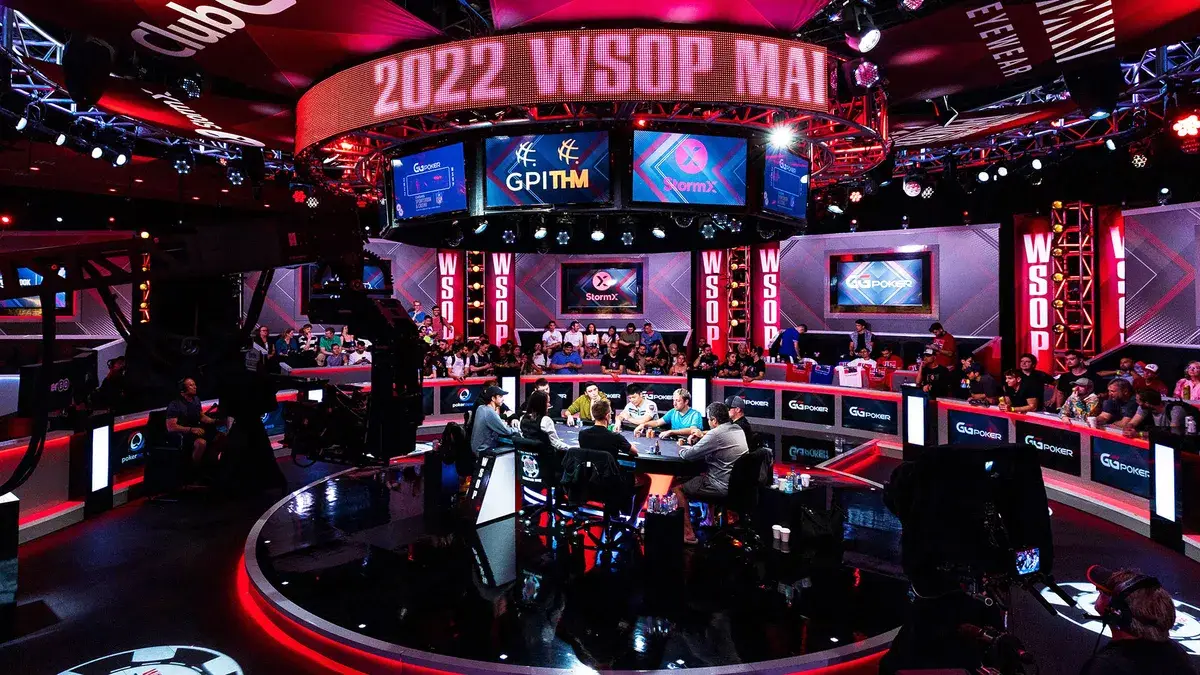What we see here is an exact science disguised as a game. Every move opens up new possibilities, every choice determines the outcome of the game. Learning how to win at chess requires more than just learning the rules: it is important to think more deeply, act more precisely and see further. Experienced players do not simply place pieces, but calculate the consequences, manage space and use their opponent’s mistakes as a means to win.
The Basics of Strategy: How to Win More Often at Chess
Every game begins with a battle for territory. It is the center (squares e4, e5, d4, d5) that determines the development, safety and attack possibilities. Without control of the center, even a brilliant idea will not gain momentum.
Why the Center is Important from the First Move
The central squares determine the mobility of the pieces. Pawns and pieces in the center determine more directions and restrict the opponent. Winning strategies in chess therefore always involve occupying or undermining the center. White usually plays e4 or d4: the most aggressive moves, with which he immediately takes control. Black reacts in a mirror image or prepares a flank attack. The more accurately a player controls the center, the more confidence he or she has in developing a plan and the better he or she can protect himself or herself from surprises.
Opening Secrets: How to Start the Game Correctly
 Mistakes in the first ten moves often determine the outcome of the entire game. Experienced players study openings: not only the name, but also the ideas behind them. Structure, development and safety are the three pillars for a successful start.
Mistakes in the first ten moves often determine the outcome of the entire game. Experienced players study openings: not only the name, but also the ideas behind them. Structure, development and safety are the three pillars for a successful start.
The debut as a basis for victory
Learning chess always starts with understanding why it is important to advance pieces quickly and why it is important to castle early. A good opening not only helps to develop the game, but also to avoid tactical pitfalls. For example, in the Spanish game, White looks for control and attack on the kingside, while in the Slav Defense he looks for a solid defense and a counterattack. The opening is not so much about memorizing moves, but about understanding the purpose of each move. A player who does not so much rely on a template, but rather on the logic of the opening, can adapt much more quickly to the opponent’s non-standard play.
Tactics in the service of strategy: how to win pieces and games
Tactics for winning in chess: short combinations that lead to victory. The position can be the same, but a fork or a combination of them decides everything. Real growth as a player begins with the ability to see tactical means.
Basic techniques: link, hairpin, double hit
The pin blocks the piece, which prevents the opponent from defending properly. The fork touches two pieces at the same time, creating pressure. In Double Strike, the opponent must choose who loses. The pass attack and distraction are two other tools that strong players regularly use. Tips for winning in chess always include regular practice of tactics. Simple positions with precise movements are chosen for training. It is precisely these types of assignments that develop the skill of ‘direct’ insight into the combinations in the game.
Long-term planning: how to control the entire group
A successful chess player does not just react to threats, but makes a holistic plan. By planning you learn how to win at chess, even without combinations: by constant pressure, by tiring your opponent and by improving your pieces.
Position: the arrangement of the pieces, the structure of the pawns and the weak squares. For example, an isolated pawn is a target. Double rooks in an open column serve as a means of pressure. The pawn structure determines the plan. A closed position requires maneuvering, an open position requires activity. Whoever first understood the nature of the agreement took the initiative himself.
Defense as an art: how to win at chess
Not every game can start with an attack. Sometimes it is necessary to defend yourself: skillfully, calmly and without panic. A strong player is not afraid of defense, but uses it as a way to counterattack.
How to avoid losses and thwart your opponent’s plans
Protecting your pieces requires attention. Every weak square is a potential threat. Knowing when to castle, placing a piece on defense, not letting the queen enter the camp: all of these are part of a winning strategy. A mistake in defense is often more costly than a mistake in attack. That’s why it’s important not only to defend, but also to take initiative: by seeking forced moves, making sacrifices in return, and anticipating a threat before it occurs.
Common mistakes and how to avoid them
Even experienced players make mistakes from time to time. Withdrawing a piece without a goal, an early attack without support, ignoring the center, castle late: all this slows down development and paves the way for defeat.

The most common mistakes beginners make:
- Opening the game with flank pawn moves.
- Removing the queen early.
- Ignoring castling.
- Underestimating the pawn structure.
- Lack of a general plan.
By analyzing games, you learn to see your own mistakes and learn how to win more often in chess.
Practice and analysis: the most important tools for progress
Every game is not only a result, but also learning material. Without regular practice and analysis, growth slows down. A player who draws conclusions not only gains experience, but also gains insight into the game. To win in chess, you need to think deeper, look further and act more accurately.
Winning without analysis leaves a blind spot. A random defeat is a repetition of mistakes. Experienced players save important positions after each game, look at alternative moves and pay attention to missed opportunities. This approach develops intuition, speeds up decision-making and improves the overall level of play.
Six practical habits that increase your chances of winning
To win consistently at chess, it is not enough to know the principles. It is necessary to put them into practice and make them a habit.
6 important habits that improve your style and increase your winnings:
- Control the center from the first move. Every game starts with a territory. The player who controls the central squares sets the pace and limits the opponent.
- Early castling: protection and mobility. The safety of the king has priority. Castling creates a safe zone and gives the rook the freedom to play.
- Development of all figures before the attack. An attack with two pieces against four is considered a mistake. Only when the entire army is developed will there be serious pressure. The pawn structure is the
- reference point of the position. Double, isolated and backward pawns create weaknesses. Building a solid structure is half of strategic success.
- Tactical exercises every day. Spending 10 to 15 minutes on tasks like ‘find a checkmate in 2 moves’ or ‘win a piece’ develops the brainpower of a combiner.
Analysis of your own games. After every game, even after a victory, it is important to analyze the game carefully: where you lost the initiative, where you could have played stronger, where you made a tactical mistake.
The mentality of a champion: how to win at chess
 Chess is not a game of chance. This is a system where the winner is the one who has a deeper understanding of logic and can apply this knowledge to dynamics. The secrets of winning are not memorizing moves, but the ability to think several steps ahead, discover weaknesses and stay focused. Psychology is the last piece on the board. Self-confidence, calmness and the ability not to panic in a difficult position determine the outcome of the game as much as combinations and strategy. A player who acts with a clear head and cool logic wins more often, even against a stronger opponent.
Chess is not a game of chance. This is a system where the winner is the one who has a deeper understanding of logic and can apply this knowledge to dynamics. The secrets of winning are not memorizing moves, but the ability to think several steps ahead, discover weaknesses and stay focused. Psychology is the last piece on the board. Self-confidence, calmness and the ability not to panic in a difficult position determine the outcome of the game as much as combinations and strategy. A player who acts with a clear head and cool logic wins more often, even against a stronger opponent.
 en
en  ru
ru  de
de  ar
ar  es
es  nl
nl  hi
hi  fr
fr  it
it  pt
pt  el
el 











